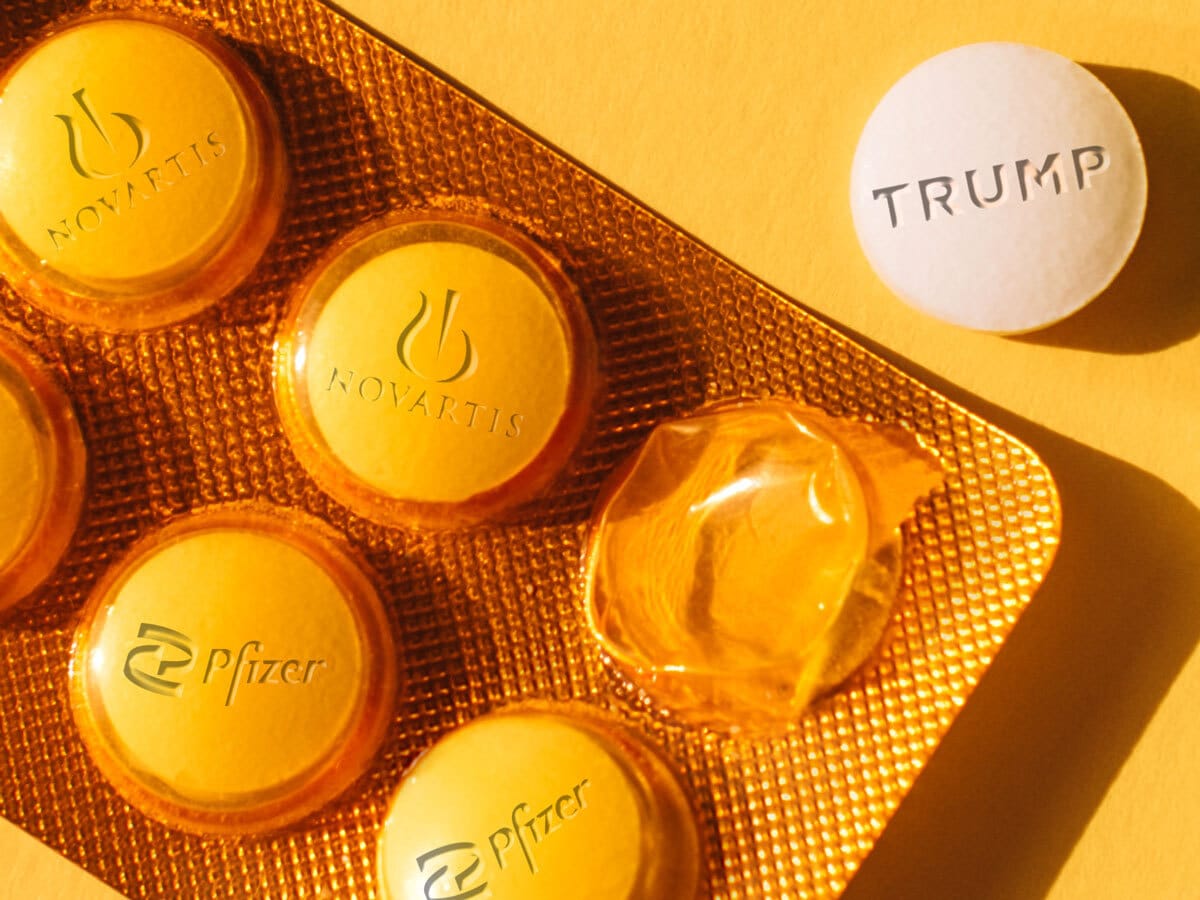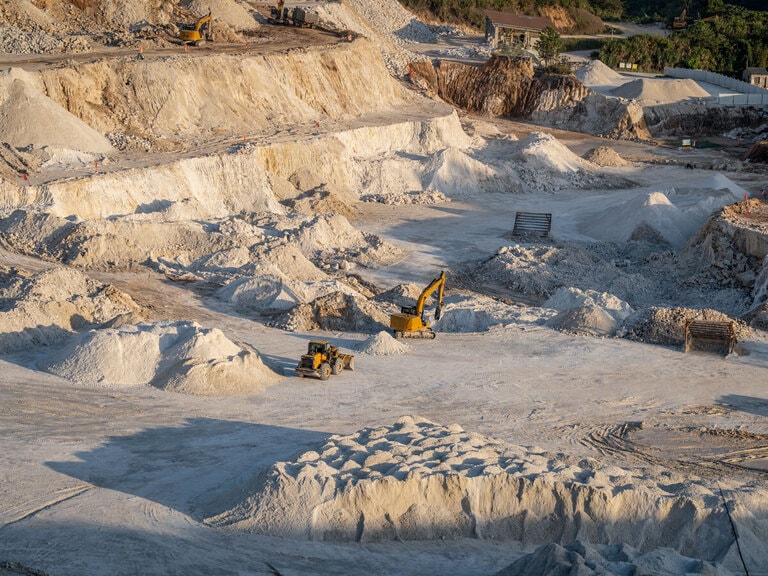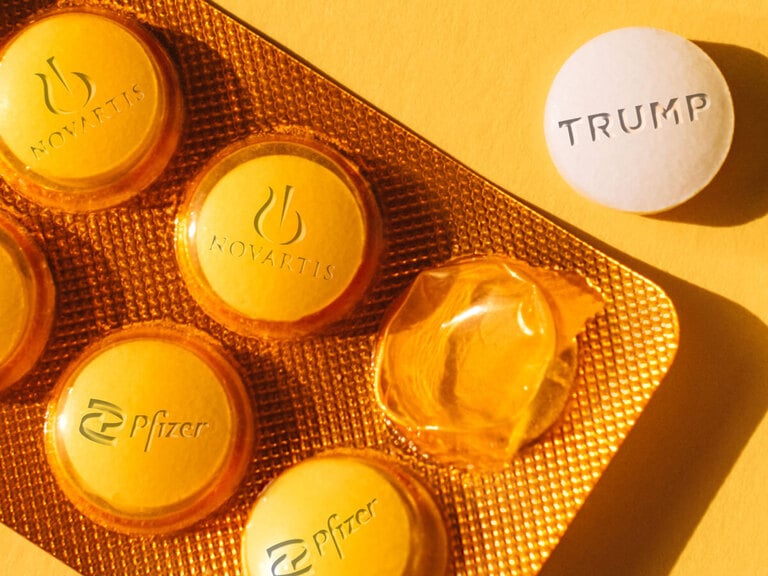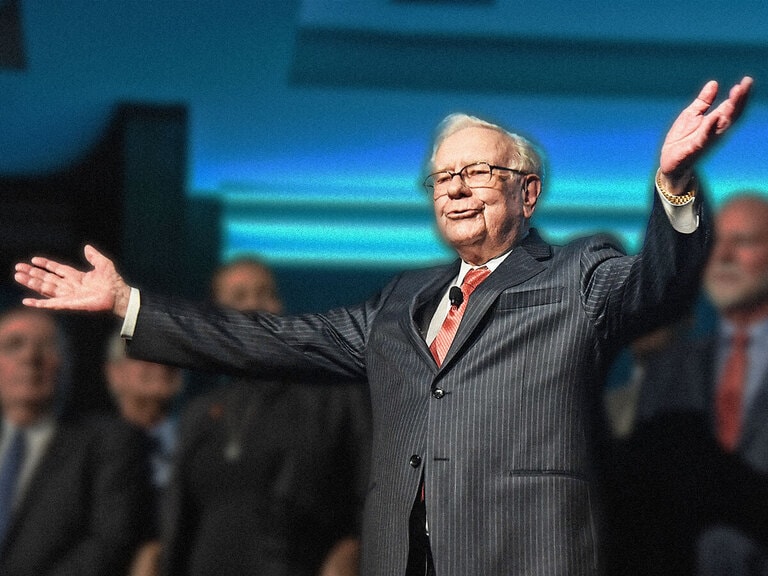Introduction
US President Donald Trump’s tariff pause last week may have brought some relief to global markets, but the 90-day reprieve for countries other than China will not necessarily ease the fears of pharma investors.
This is because Trump is still planning on hitting pharma companies with their own tariff, which he claimed will be “at a level that you haven’t really seen before”.
Though Trump has offered no details yet, it is assumed that the tariffs will be designed to get drugmakers to shift their manufacturing to US shores.
“We’re going to be announcing very shortly a major tariff on pharmaceuticals,” Trump said during a dinner at the National Republican Congressional Committee last week, as quoted by Politico. “And when they hear that, they will leave China. They will leave other places because they have to sell — most of their product is sold here and they’re going to be opening up their plants all over the place.”
Since the mid-1990s, many countries, including the US, have not imposed tariffs on most drugs and pharmaceutical products under the World Trade Organization’s Pharma Agreement. But Trump’s plans could upend this.
The problem is that onshoring pharma manufacturing would likely take years, given that companies often have manufacturing sites in multiple countries, with each one handling a different stage of production.
“Global supply chains are complex … it’s not as simple as moving where someone screws in little screws to make an iPhone,” BMO Capital Markets analyst Evan Seigerman wrote in a note on April 9, seen by CNBC.
So who could be the winners and losers of Trump’s pharma tariffs? We look at how two pharma giants and two generic drugmakers might be impacted. Note that the tariff situation is extremely fluid, so the following is based on the most recent information and comments available.
Pharma Giants
| PFE | NVS |
Market Cap | $127.27bn | $218.28bn |
P/S Ratio | 2.01 | 4.33 |
P/E Ratio | 15.91 | 18.73 |
PEG Ratio (5-Year Expected) | 0.53 | 1.25 |
Estimated Sales Growth (Current Fiscal Year) | -1.14% | 5.73% |
Estimated Sales Growth (Next Fiscal Year) | -0.02% | 1.62% |
Source: Yahoo Finance
Share price performances through April 15
Pfizer [PFE]
Year-to-date: -14.02%
Past 12 months: -7.77%
New York-headquartered Pfizer could circumnavigate Trump’s tariff policy by moving some production to the US, where it already has 13 facilities, including what it describes as “megasites” for antibody manufacturing.
Speaking at the 45th Annual TD Cowen Healthcare Conference in Boston, CEO Albert Bourla said that Pfizer’s established presence would likely make it easier to shift production.
“If there are tariffs and there is a need for someone to transfer production in the US to avoid, [it] will be better for someone that has already the network and he just needs to transfer than someone who doesn’t have a network and needs to build it,” Bourla added.
Novartis [NVS]
Year-to-date: 12.97%
Past 12 months: 17.55%
Swiss pharma Novartis announced on April 10 that it plans to spend $23bn in the US over the next five years to ensure that drugs for US patients are made in the country. The investment will be spent on a research site in California and six manufacturing facilities.
“These investments will enable us to fully bring our supply chain and key technology platforms into the US to support our strong US growth outlook. These investments also reflect the pro-innovation policy and regulatory environment in the US that supports our ability to find the next medical breakthroughs for patients,” said CEO Vasant Narasimhan in a press release.
Novartis’ announcement comes after Elil Lilly [LLY] pledged in February to spend $27bn on its US manufacturing, having invested $23bn between 2020 and 2024.
Generic Drugmakers
These companies play a critical role in US healthcare by producing drugs that have the same active ingredients as branded medication, but at a cheaper cost, making them more affordable and accessible to Americans.
| TEVA | VTRS |
Market Cap | $15.63bn | $8.93bn |
P/S Ratio | 0.92 | 0.61 |
P/E Ratio | 872 | 28.56 |
PEG Ratio (5-Year Expected) | 0.82 | 0.13 |
Estimated Sales Growth (Current Fiscal Year) | 4.22% | -6.42% |
Estimated Sales Growth (Next Fiscal Year) | 0.43% | 1.20% |
Source: Yahoo Finance
Teva Pharmaceuticals [TEVA]
Year-to-date: -38.29%
Past 12 months: 2.26%
Israeli drugmaker Teva accounts for approximately one in 14 prescriptions in the US. It has a manufacturing presence in China and India; however, it has been reducing its global footprint. It closed three plants in 2023, bringing its total down to 49, and plans to have closed or divested another four by the end of this year, with the aim of having a footprint of 40 to 42 by 2027.
Speaking at the Barclays annual global health conference in early March, Teva CEO Richard Francis was asked how insulated the business would be from tariffs on China and India. He explained that the company manufactures 40–45% of its medicines in the US.
“I think just because of the value proposition we bring to the US healthcare system, I think that would be taken into account in any [tariff] discussions, and the fact that we have such a big footprint and a big amount of volume is manufactured already in the US.”
Viatris [VTRS]
Year-to-date: -39.19%
Past 12 months: -31.06%
US healthcare company Viatris also attended the Barclays conference, where its management presented. In response to a question about tariffs, Viatris CEO Scott Smith stressed that the company does not source much product for the US from either Canada or Mexico.
CFO Theodora Mistras added it currently has 26 sites globally, many of which are in the US. Approximately half of its revenue is imported from Ireland, India and the UK, while the rest is manufactured in the US.
At the time, Smith said he did not expect tariffs to have an impact in the short term but conceded that “it’s a very volatile, constantly changing environment relative to tariffs”. Assuming that Trump makes his pharma tariff announcement in the next couple of weeks, Smith could be able to provide more clarity on the potential impact of tariffs when Viatris reports Q1 2025 earnings on May 8.
Conclusion
Uncertainty remains regarding what form Trump’s pharma tariffs will take, but no company in the industry will be completely immune. Those that have a strong domestic footprint in the US and are capable of shifting production without too much disruption are likely to be better placed to deal with any tariff pain.
Disclaimer Past performance is not a reliable indicator of future results.
CMC Markets is an execution-only service provider. The material (whether or not it states any opinions) is for general information purposes only, and does not take into account your personal circumstances or objectives. Nothing in this material is (or should be considered to be) financial, investment or other advice on which reliance should be placed. No opinion given in the material constitutes a recommendation by CMC Markets or the author that any particular investment, security, transaction or investment strategy is suitable for any specific person.
The material has not been prepared in accordance with legal requirements designed to promote the independence of investment research. Although we are not specifically prevented from dealing before providing this material, we do not seek to take advantage of the material prior to its dissemination.
CMC Markets does not endorse or offer opinion on the trading strategies used by the author. Their trading strategies do not guarantee any return and CMC Markets shall not be held responsible for any loss that you may incur, either directly or indirectly, arising from any investment based on any information contained herein.
*Tax treatment depends on individual circumstances and can change or may differ in a jurisdiction other than the UK.
Continue reading for FREE
- Includes free newsletter updates, unsubscribe anytime. Privacy policy





